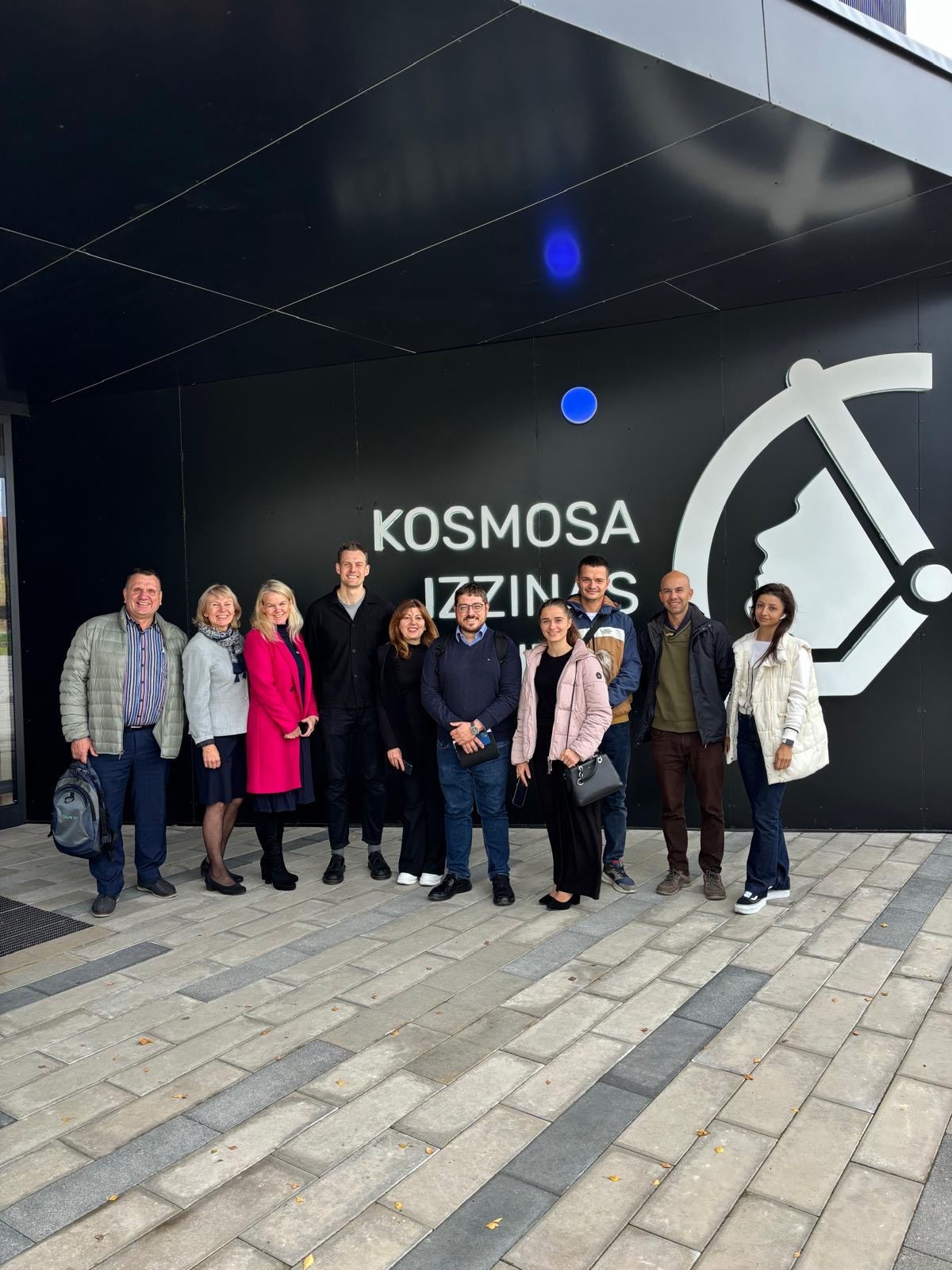Case studies, District heating, Municipal buildings and facilities, Others, RES, Residential buildings, Street lighting, Transport
CoM East Delegates Study Climate Adaptation in Latvia’s Cēsis

Covenant of Mayors Signatories visited the Latvian city of Cēsis for a two-day exchange under the Cities Meet Cities project. The event brought together GCoM cluster participants, including Torres Vedras (Portugal), Bilhorod-Dnistrovskyi and Myrhorod (Ukraine), Bălți (Moldova), and Gavar (Armenia), to explore sustainable urban practices and climate resilience.
The delegation aimed to learn from Cēsis’ best practices in climate adaptation, energy management, and public engagement in sustainable projects. Participants reviewed the city’s climate action plan, energy efficiency initiatives, urban greening strategies, and micromobility programs. Special attention was given to Cēsis’ comprehensive energy efficiency strategy for buildings, which includes the development of energy certificates and community involvement to reduce CO2 emissions.
Participants visited notable sustainable projects, including the Space Knowledge Centre and the Perle Social Services Centre. The Space Knowledge Centre, designed with nearly zero-energy principles, features solar panels, a rainwater collection system, and automated energy control, enabling it to meet its own energy needs and minimise greenhouse gas emissions. The Centre serves as a hub for STEM education, promoting climate awareness and energy-efficient solutions among local youth.
The Perle Social Services Centre, recognised with the Latvian Architecture Awards 2022 Grand Prix, combines social and environmental goals, offering a sustainable space for community services. It was designed to reduce energy use through natural lighting, heat-recovery ventilation, and high-quality insulation, creating a comfortable environment for diverse age groups. Perle exemplifies how eco-friendly architecture can enhance community well-being.
“The visit to Cēsis provided opportunities to establish international connections and explore potential EU funding sources for similar projects in Bilhorod-Dnistrovskyi under programs such as URBACT, the Twinning Learning Programme, the Life Programme, and Interreg,” said Olga Polinger, head of tourism and international relations at Bilhorod-Dnistrovskyi City Council.
The knowledge gained from Cēsis’ sustainable urban development practices offers valuable insights for Ukrainian communities seeking to implement similar initiatives.
